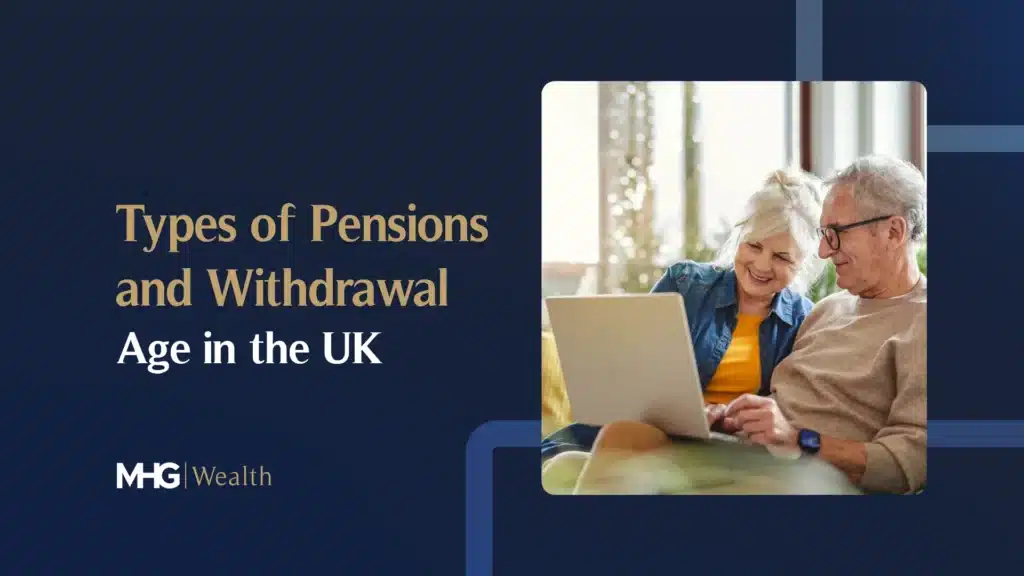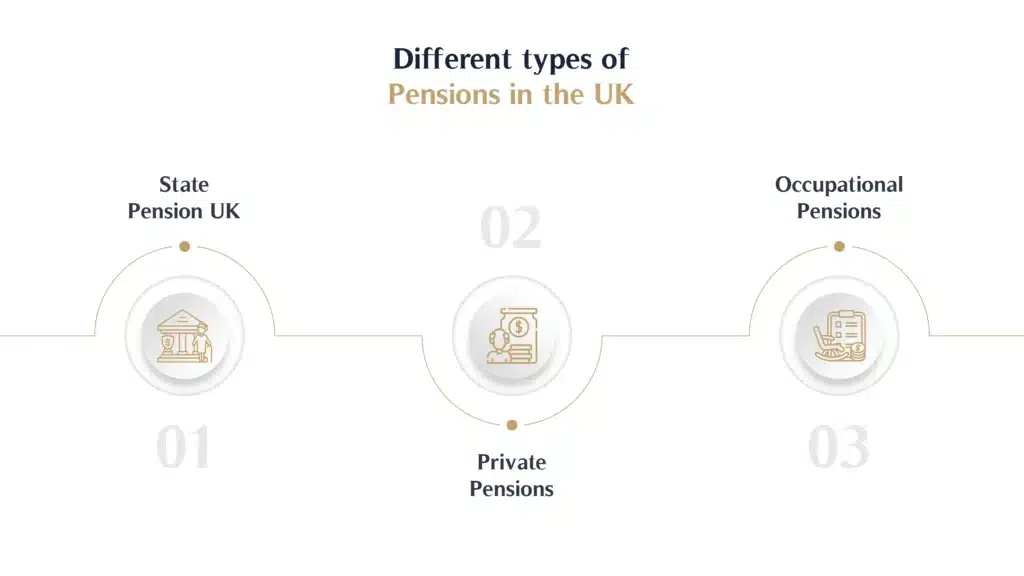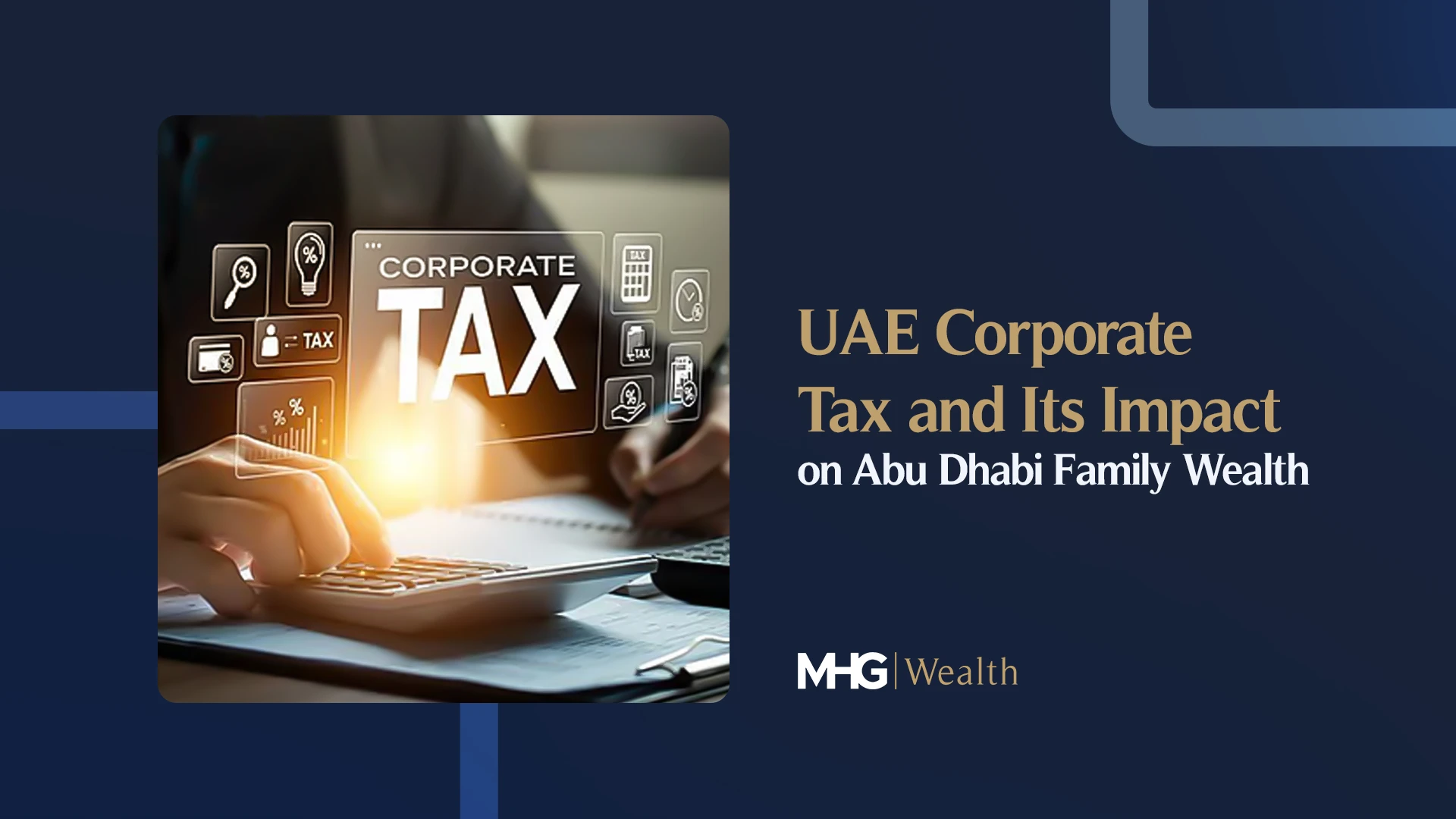Navigating the UK pension system can be complex, but understanding the basics is essential for your financial future. In this blog we’ll be trying to give you some clear and concise answers to some of the questions people ask when looking to take their pensions early.
What are the different types of Pensions in the UK?
State Pension UK
What do I need to do to get it?
You generally need to have paid National Insurance contributions for a minimum of 35 years to receive the full State Pension.
What age is it paid from?
The State Pension age is increasing gradually. Currently, it is 67 for most people born after April 5, 1954. However, it will reach 68 for those born between April 6, 1960, and April 5, 1961, and will continue to rise in the future.
Do I need to have lived in the UK all my life?
You must have lived in the UK for a certain period to qualify for the State Pension. The exact requirements depend on your circumstances, but typically you need to have lived in the UK for at least 10 years after reaching the age of 16.
What’s the minimum age I can get the state pension?
The minimum age is 66 years old, but this is expected to increase to 67 by 2028 and 68 by 2039.
How can I find out more about my state pension?
For more information and to check your State Pension entitlement, you can visit the government’s website or contact the Pensions Service.
Private Pensions
What is a private pension?
A private pension is a retirement savings plan that you set up yourself or through your employer. It’s a way to save money for your retirement and potentially receive a regular income when you stop working.
What are the two main types of private pensions?
There are two main types
- Defined Contribution (DC) pension where the amount you receive in retirement depends on how much you contribute and how well your investments perform.
- Defined Benefit (DB) pension where the amount you receive in retirement is based on your salary and years of service.
When can I cash in a private pension?
You generally need to be at least 55 years old (rising to 57 from April 2028) to access your private pension.
What about my tax-free lump sum?
You can typically take up to 25% of your pension as a tax-free lump sum.
What are the withdrawal options?
- Annuitize – where you convert your pension into a regular income for life.
- Drawdown – where you withdraw money as and when you need it, subject to income tax.
- Combination – a combo of both options.
What about getting access earlier?
In limited circumstances, such as severe illness or a protected retirement date, you may be able to access your pension earlier, but this often involves tax charges.
When can I get my private pension?
You can generally access your private pension from age 55, but this is rising to 57 from April 2028.
Occupational Pensions
What is an occupational pension?
An occupational pension is a retirement savings plan provided by your employer. It’s designed to supplement your State Pension and provide you with a comfortable retirement income.
How does it work?
Both you and your employer typically contribute to the scheme. Your contributions are invested, aiming to grow over time. Then when you retire, you can access your pension funds in various ways.
These include:
- Annuity: Converting your pension into a regular income for life.
- Drawdown: Accessing your pension funds gradually, subject to tax.
- Lump Sum: Taking a portion of your pension as a tax-free lump sum.
What are the types of occupational pensions?
Like Private Pensions, there are Defined Benefit and Defined Contribution pensions.
When can I start to benefit from my private pension?
The withdrawal age for occupational pensions varies depending on the specific scheme, but it is typically between 55 and 60 years old.
What about NHS Pensions?
The NHS Pension Scheme is a defined benefit pension scheme offered to employees of the National Health Service in the UK. It provides a guaranteed pension based on your final salary and years of service.
NHS Pension: NHS pension scheme members can generally access their pension from age 60.
What about a Teachers’ Pension
The Teachers’ Pension Scheme is a defined benefit pension scheme offered to teachers in England and Wales. It provides a guaranteed pension based on your final salary and years of service.
The minimum age for accessing a teacher’s pension is generally 60 years old.
Can you access your pension early in the UK?
While the standard retirement age for accessing your pension in the UK is typically 55 (rising to 57 from April 2028), in some very limited circumstances, you might be able to access your funds earlier. However, early access often comes with significant tax implications and may impact your future retirement income.
What are the reasons for early access?
- Severe Illness: If you have a terminal illness or a severe medical condition, you may be able to access your pension early.
- Protected Retirement Date: If you had a protected retirement date before April 6, 2005, you may be able to access your pension earlier.
Can I access funds from a SIPP?
A SIPP is a Self-Invested Personal Pension. It gives you flexibility in managing your retirement savings. To access these kinds of funds, you’ll need to meet the following criteria:
There’s a minimum age. Typically, you’ll need to be at least 55 years old (rising to 57 from April 2028) to access your SIPP.
You can get a tax-free lump sum – usually up to 25% of your SIPP.
Once you take a lump sum, you can choose to Annuitize, Drawdown or a Combination of both options.
What are the tax implications of taking your pension early?
There is something called an early access penalty which can significantly reduce the amount you can withdraw.
Also, any withdrawals before your State Pension age will generally be subject to income tax.
Should I get professional pension advice?
Yes. We’d strongly recommend consulting with a financial advisor before considering early access to your pension. At MHG Wealth Management team, our team can provide the appropriate personalised guidance based on your circumstances and help you understand the potential consequences.
Seeking more guidance on pension withdrawal age and planning for your retirement? Get in touch with one of our financial advisors today to start planning for your future.






